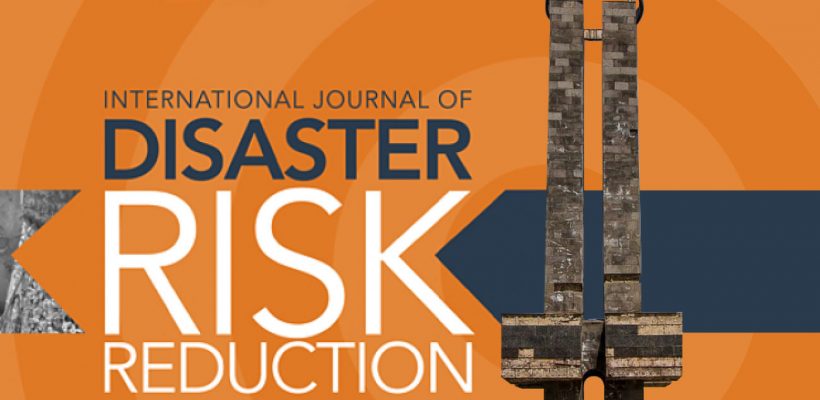
AUA Interdisciplinary Team Publishes Research on Survivors of 1988 Spitak Earthquake
2 min readThe paper entitled “Predictors of permanent emigration in a long-term cohort of Spitak earthquake survivors in Armenia” is the most recent publication in the series of papers on the Post-earthquake Psychopathological Investigation (PEPSI) longitudinal study, which followed a cohort of survivors of the 1988 Spitak earthquake for over two decades. The researchers involved in this particular publication included Drs. Anahit Demirchyan, Haroutune K. Armenian and Vahe Khachadourian from the Turpanjian School of Public Health (SPH) of the American University of Armenia (AUA), and Dr. Yevgenya (Jenny) Paturyan from the AUA College of Humanities and Social Sciences (CHSS). The article was published in the International Journal of Disaster Risk Reduction, a prestigious specialized international peer-reviewed journal.
The article investigates the predictors of emigration in a 23-year cohort of survivors of the 1988 devastating earthquake in Armenia and tests the hypothesis whether post-earthquake emigration in this cohort was positively selected. This study is unique in the sense that it examines data on earthquake survivors for over two decades, investigating the influence of a number of prospectively obtained baseline variables related to survivors’ migration behavior. The study sample included 1,423 earthquake survivors from the cities of Gyumri, Spitak, and Vanadzor. The cumulative rate of permanent emigration among the survivors in the sample followed over 23 years was 22.1%, of which 81.0% were to the Russian Federation as the destination country. The set of identified predictors of permanent emigration, namely younger age, male gender, higher education, and better sociability, has confirmed the study hypothesis concerning the favorable self-selectivity of emigration by members of this cohort. Highlighting the similarities of emigration patterns of the study cohort and from Armenia as a whole, the study provides a thorough review of possible consequences of this type of emigration from the country and suggests ways to cope with the ensuing situation.
The AUA Turpanjian School of Public Health works actively to improve population health and health services in Armenia and the region through interdisciplinary education and development of public health professionals to be leaders in public health, health services research and evaluation, and health care delivery and management.
